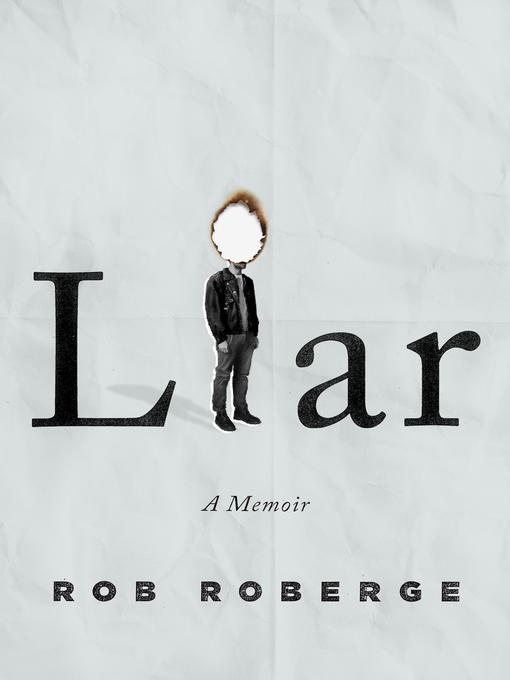
Liar
A Memoir
کتاب های مرتبط
- اطلاعات
- نقد و بررسی
- دیدگاه کاربران
نقد و بررسی

December 14, 2015
In this absorbing memoir, novelist Roberge (The Cost of Living) shifts among memories of his youth, drug-fueled episodes from his young adulthood, and recent relapses into addiction that threaten his marriage and his work as a college professor. Adding to that, he learns that he has a disease that erodes memory. The sense of urgency in Roberge’s writing is increased by his effective use of the second person: “More and more you are realizing that if you are ashamed of certain things you did when you drank and used drugs, you are ashamed of who you are with mental illness.” The rapid back-and-forth mirrors to some degree the diagnosis of bipolar disorder with rapid cycling, which he first received in the 1980s. But it is also the way Roberge is best able to try and make sense of his world and his experiences. Through the pain, he sees that “it’s the bad parts that make you realize how good the great parts are.” Agent: Ryan Harbage, Fischer-Harbage Agency.

November 15, 2015
It would be hard to imagine a less reliable narrator for this disjointed memoir, but the shaky perspective adds to the emotional power and unflinching honesty. Before writing this memoir, Roberge published four works of fiction (The Cost of Living, 2013, etc.), and he has continued to teach creative writing at the university level while playing guitar in a punk-rock band. He has also battled anxiety attacks and a bipolar condition with prescribed medication and self-medication, suffered a series of concussions that doctors fear have already caused brain damage, has been in and out of Alcoholics Anonymous, and has hit a bottom so low that, as recently as six years ago, all he was "capable of writing [were] suicide notes. In nine months...forty-seven suicide notes." By "you," he means himself, establishing an intimacy with readers through the use of the second person, confessing more here than he previously has to many who have known him, loved him, or worked with him. "After attempting to hide your mental illness from most of the people in your life since your late teens, in the end you fall apart in a very public forum," he writes. Through a series of chronological leaps and flashbacks that defy linear logic, the story proceeds from the unsolved murder of a childhood friend, through his sexual awakening and fetishes, his series of girlfriends and passing sexual conquests, his marriage to a woman who became very ill and whose pain medication he stole, and the blackouts and lies with which he has attempted to come to terms. It's actually surprising to readers who have crawled through all this wreckage when he remarks toward the end, "you've been clean and sober for nineteen of the last twenty years." The bleakness of the preceding pages offers few glimmers of such redemption, which the author notes is fragile and might be transitory. Roberge acknowledges his editor for helping "find the book within the book," but that book still has a cut-and-paste quality as it arbitrarily leaps back and forth across decades.
COPYRIGHT(2015) Kirkus Reviews, ALL RIGHTS RESERVED.

December 15, 2015
Depending on where your life is at the moment, has been, or never will be, Roberge's memoir is a depressing, tough, engrossing read. He's bipolar, he's a junkie, he's an alcoholic. He's also a professor, an author, and a guitar player. In this thoughtful exposition of his life, he jumps from year to year, from youth to current day and everywhere in between. With his medical condition, his brain is not always under control, and it's spooky to read about, especially when Roberge writes in the second person ( You've had, more or less, a nervous breakdown ). Interspersed with his own tales are extinctions of animals, suicides of people famous and not, and CTE, the controversial brain problem caused by concussions and suffered by football players, boxers, and Roberge. Yet somehow he survives, he cleans up, he marries, he becomes a success. He is so much more than an addict, yet it's easier for him to let people believe that than to admit he is bipolar; it's a question of control versus no control. A fascinating book that will remain with readers for some time.(Reprinted with permission of Booklist, copyright 2015, American Library Association.)

























دیدگاه کاربران